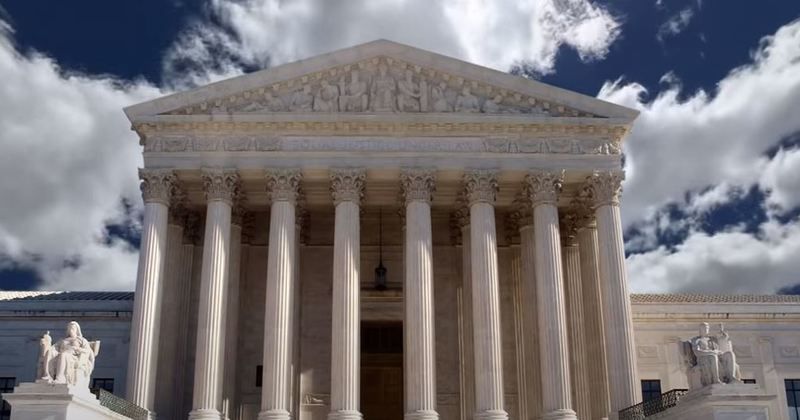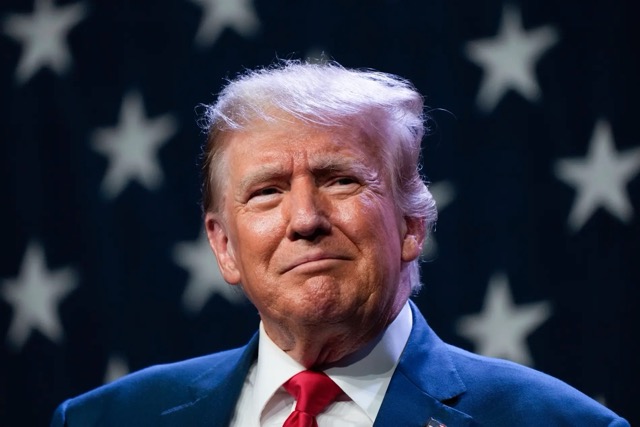On Tuesday, the U.S. Supreme Court ruled 8-1 in favor of allowing the Trump administration to proceed with an executive order aimed at downsizing the federal workforce.
The decision grants a temporary stay of a lower court’s injunction, which had sought to halt the administration from executing the directive. The order, signed by President Trump on February 11, instructs federal agency heads to “promptly undertake preparations to initiate large-scale reductions in force (RIFs), consistent with applicable law, and to separate from Federal service temporary employees and reemployed annuitants working in areas that will likely be subject to the RIFs.”
According to the Court’s order, the stay will remain in effect “pending the disposition of the appeal in the United States Court of Appeals for the Ninth Circuit and disposition of a petition for a writ of certiorari, if such a writ is timely sought.” If the Supreme Court declines to take the case or later issues a ruling, the stay will either expire or be superseded.
Justice Ketanji Brown Jackson was the lone dissenter. In her written dissent, she criticized the majority for intervening prematurely, stating that the Court lacks “the capacity to fully evaluate, much less responsibly override, reasoned lower court factfinding about what this challenged executive action actually entails.”
“I respectfully dissent because, in addition to the Government’s failure to show the exigency or irreparable harm that is required for emergency relief, this Court could not possibly know in this posture whether the Government is likely to succeed on the merits with respect to such a fact-dependent dispute. So it should have left well enough alone,” Jackson wrote.
Justice Sonia Sotomayor, though joining the majority, offered a separate opinion. She agreed with Jackson that “the President cannot restructure federal agencies in a manner inconsistent with congressional mandates” but noted that the agency plans are not yet under review.
“I join the Court’s stay because it leaves the District Court free to consider those questions in the first instance,” Sotomayor stated.
 Telegram is where we really talk. Don't miss out!
Telegram is where we really talk. Don't miss out!







